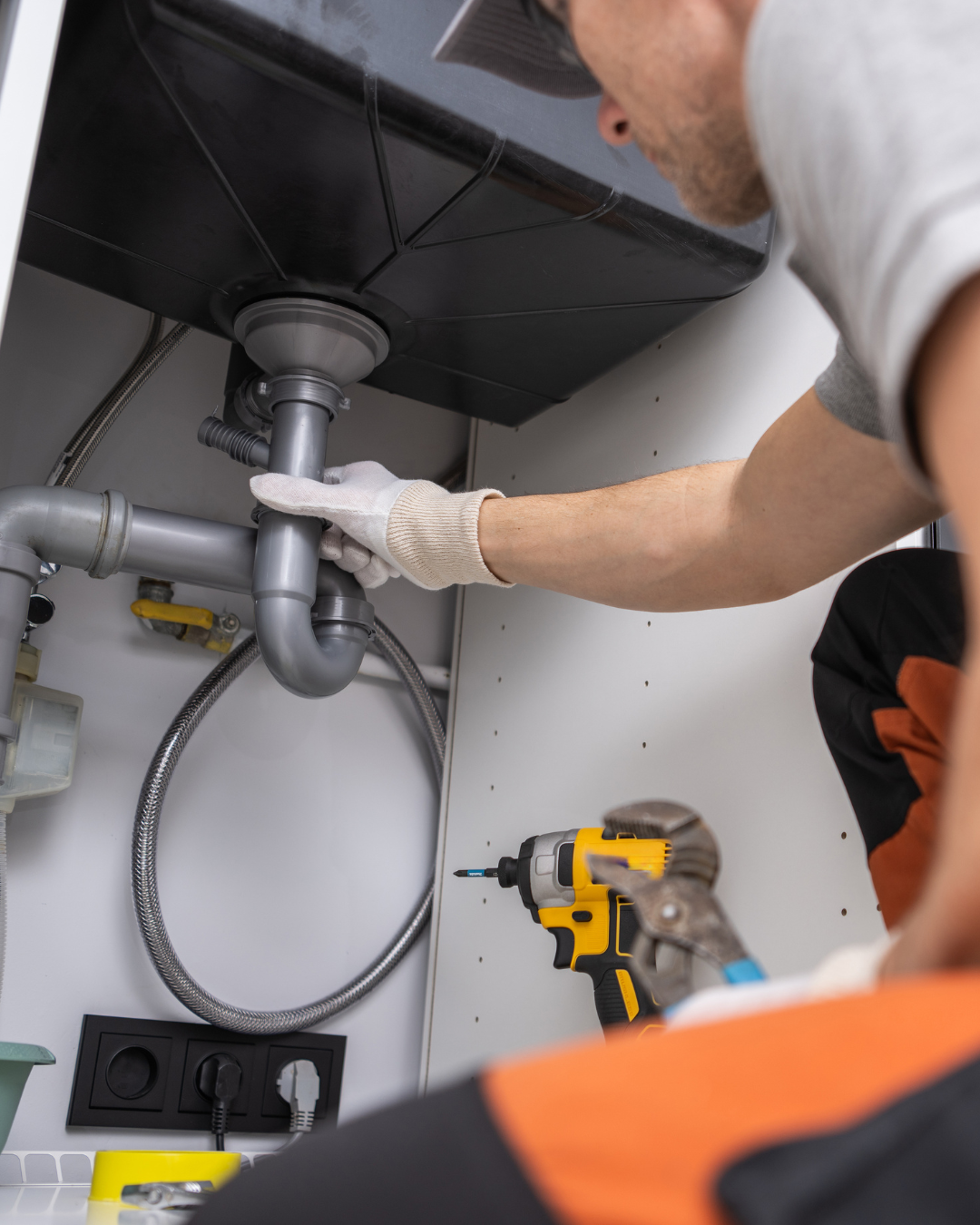
Blocked drains are a common issue, and landlords and tenants often wonder who is responsible for fixing them. Whether it's a blocked drain outside, a collapsed sewer, or a shared drain in a flat, responsibility can vary. Landlords must maintain a safe and habitable property, while tenants handle upkeep and maintenance. So, who ultimately is responsible for handling blocked drains?
Landlords are required to handle and cover the cost of repairing structural problems, including issues with the plumbing system, unless the damage is caused by the tenant's negligence or misuse. If there is a persistent issue, such as a blocked drain caused by a broken or aging drainage system, it is the landlord's responsibility to have it repaired or replaced.
In the UK, landlords must keep their property in a condition that is "fit for habitation" under the Housing Health and Safety Rating System (HHSRS), if a blocked drain prevents the tenant from living comfortably, the landlord must arrange for repairs.
While landlords are responsible for the structural and plumbing repairs, tenants also have a duty to use the property and its facilities correctly. A blocked drain can sometimes occur due to tenant misuse or carelessness, such as:
If the blockage occurs due to a tenant’s negligence, they may be held responsible for the cost of the repair. In this case, the landlord can either charge the tenant directly for the repair or deduct the cost from the tenant’s deposit, provided the tenancy agreement allows for this.
The responsibility for a blocked drain outside the property depends on whether the blockage is in a public or private drainage system. If the blockage is in a public sewer or storm drain, such as one located on the road or street outside the property, the local authorities or water company are generally responsible for clearing it. However, if the blockage occurs in a private drainage system, such as the drain running from the house to the public sewer, the landlord is typically responsible for clearing the blockage, unless it was caused by tenant misuse.
In flats or shared properties, the situation can be a little more complex. If the blocked drain is within an individual flat, the tenants are generally responsible for maintaining it, including clearing small blockages caused by their actions (such as blocked sinks).
However, if the blockage is in a shared drain serving multiple flats, the local water company is usually responsible for fixing it. Landlords are normally only responsible for maintaining drains within the private areas of the property.
To avoid confusion or disputes about who should pay for drain repairs, landlords and tenants should make sure their responsibilities are clearly outlined in the tenancy agreement. The agreement should specify what constitutes misuse or negligence and how blocked drains should be handled. For example, the agreement can outline the tenant’s responsibility to maintain cleanliness and avoid flushing inappropriate items down the toilet or kitchen sink.
Landlords should also carry out regular property inspections and regularly check that drainage and plumbing systems are in good working order. If there are any issues, they should be addressed immediately to prevent bigger problems in the future.
If you’re unsure whether the drain blockage is due to tenant misuse or a plumbing issue, it’s best to consult a professional plumber. A plumber can assess the cause of the blockage and determine whether it’s due to normal wear and tear or caused by inappropriate use.
If the blockage is minor and easily cleared (for example, a small buildup in the sink drain), it may fall on the tenant to handle the repair. However, for more serious blockages (such as tree roots in the pipes or a collapsed drain), the landlord is responsible for hiring a professional to fix the issue.
